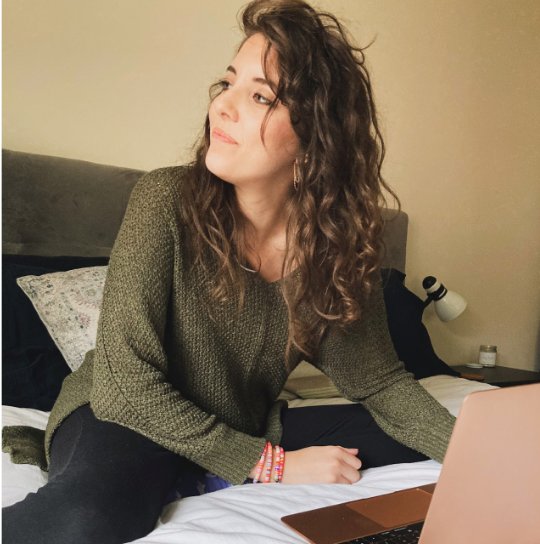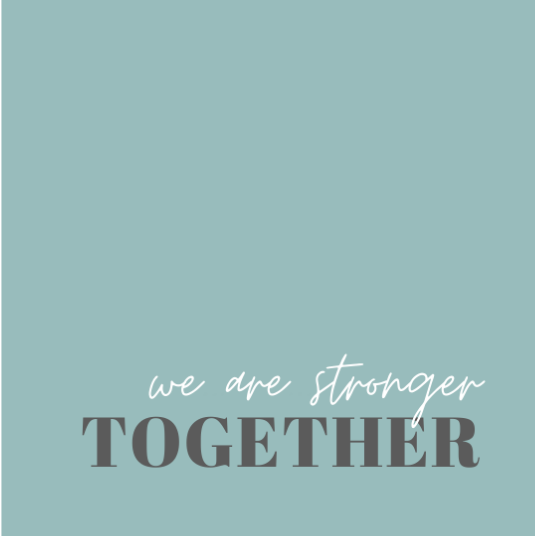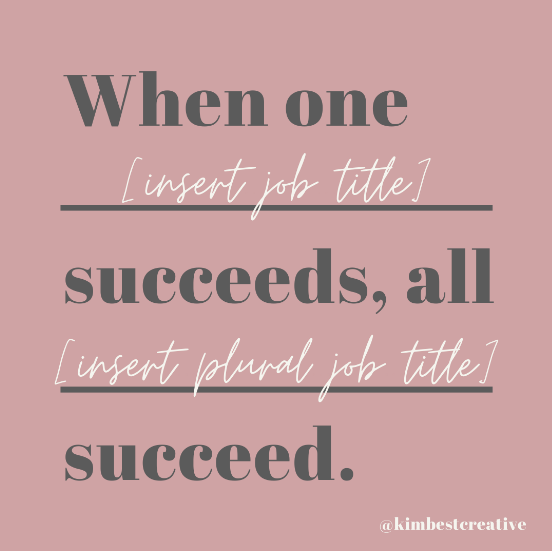Meet Kim Best, MT-BC from Rochester, NY
- Kim Best
- Oct 25, 2020
- 5 min read
1. How did you get into the music therapy field?

My story is not unique; it’s probably very similar to every other music therapist. My life was surrounded by music, band, choir, church musicals, orchestra, jazz band, etc., and I wanted to help people. I didn’t want to perform music, I didn’t want to teach music, and I didn’t want to have music as just a hobby. Before discovering music therapy, I was very interested in speech pathology (I still am!), and started looking at schools. I soon found out that music therapy was a thing, and I hopped on the train and studied at Nazareth College in Rochester, NY. Having music in my life everyday while helping people was the best of both worlds, and I suppose that’s what brought most of us here. The coolest thing is that my first practicum placement was in a speech clinic!
2. What are your main passions and areas of interest within music therapy?
I didn’t realize this until I started getting honest about the challenges I faced as a music therapist, but I am passionate about working with other music therapists. There’s something so niche about our field that people outside of our field, even well-meaning therapists, just don’t understand. There’s a kinship between us, a connection that goes

without saying. It’s that which I found so interesting. And what’s more, we often have a hard time talking with each other. We keep the challenges quiet behind closed doors. Is it because of competition? Fear of judgement or critique? It’s like this “I don’t know if you’ll think I’m a good music therapist if I’m honest about x, y, and z” feeling. If we can’t be honest with each other, how can we be honest with the world? I’m passionate about creating a safe space for the honesty and all other feelings we as music therapists face. We are stronger together.
3. Where do you currently practice music therapy and with which populations do you work?
I work with older adults with Alzheimer’s Disease and dementia, those at the end of their life and their caregivers, as well as, adults with mental health challenges through my own practice. I started my business in the hope of creating more jobs in the area, as there were jobs available with specific clientele, but other areas of healthcare were not being serviced by music therapists at all. I worked in hospice care in other states, and moving back here, there were no hospice jobs available and very few jobs in eldercare. Only a couple music therapists work within the hospitals and mental health in this area. Why was this? Why aren’t there more jobs? I saw a discrepancy between the number of music therapists in one geographic area and the number of music therapy positions around town. How could that be? Is anyone out there networking with more places? In my attempt to answer these questions, I went on a mission to create more music therapy programs and positions through networking, advocacy, and education.
4. What are your professional goals and aspirations?
I saw a trend emerging in my thinking about the music therapy field, seeing my friends leave the field, and wanting to leave the field myself. We need more support. We need a stronger-knit community. We need better paying jobs and to stand up for our value as clinical healthcare professionals. And we need more established, supported, and well-paying positions for all the new music therapy students graduating from nearby programs. My goals developed into these three areas: helping the community of music therapists, creating more jobs, and helping to increase the rate of pay.

I would love to someday be a consultant for companies looking to create a music therapy program and hire a music therapist. But before that happens, I want to support music therapists any way I can. I am expanding my services to include coaching and supervision for the music therapist. Down the road, this may include a membership program for new music therapists with resources and touch points full of honesty and support. I believe that when one music therapist succeeds, we all succeed.
5. Do you have a favourite music therapy book or quote?
Defining Music Therapy by Ken Bruscia felt like a lifeline when I was questioning everything about this field we are part of, this thing that we do called music therapy. This book had me feeling more validated than I had ever felt by another music therapist from the very first page. Maybe I just stumbled upon this work at the very time I needed it, but it feels like a pillar of a book in the music therapist’s journey.
All in all, I believe that music therapists should come together even more than we already do, without judgement. We owe it to ourselves and our music therapy community to support one another and cheer each other on! For the new music therapist, or the one who’s been at it for years but still questions whether or not they should be here, I’ve been there too. Even if we don’t say it, many of us, maybe all of us, feel the same things as you. We step into challenges and walk through difficulties, we ponder the future where music therapy is valued, and hope for a balanced life of working hard and having fun. My hope is this, if you happen to read this today, you feel less alone in the amazing work you are doing as a music therapist.
Where can we find you?

If anyone knows me, you know that I’m on Instagram all the time. I love capturing beautiful images and inviting others to take part in special moments. I love speaking my mind and sharing my heart. I thoroughly enjoy connecting with others, especially music therapists. You can find me on Instagram @kimbestcreative.
I’m also starting a podcast to talk about these tricky subjects of being a music therapist while navigating a world with a pandemic, honoring our emotions, and getting honest with each other. Look out for Not Your Average Music Therapist launching November 2020!
And if you are looking for some support or are interested in reading more of my thoughts, check out my website. kimbest.com
--
Writer's Bio: Kim Best, MT-BC is a music therapist in Rochester, NY and is passionate about supporting other music therapists. She sees the value of coaching and supervision and recognizes the great need for this in the music therapy field. Kim is known for her authenticity which is the foundation of her connections with others, and she loves having honest conversations. On any given day, you may find Kim perusing Instagram, sharing a cup of tea, and sending letters of encouragement in the mail.



Comments